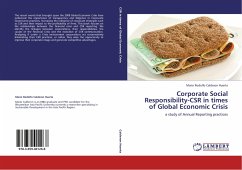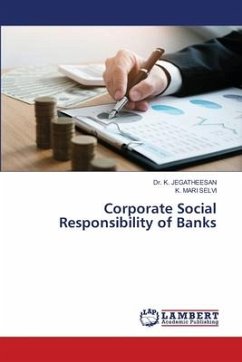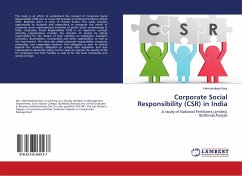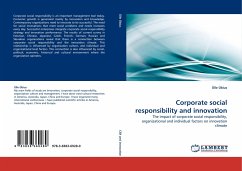All the papers in this book investigated the contributions of the Nigerian multinational companies knowingly and unknowingly towards the concepts of corporate social responsibility (CSR) and corporate social irresponsibility (CSI). This is in terms of what they have done and what they have left undone in the host communities. CSR as a discipline came into business management just recently but has made a lot of impact towards the development of the communities where their businesses are located. Researchers, politicians and pratitioner's of CSR have used the word Responsibility a lot for corporate bodies that are behaving socially responsibly; while the opposite of the word, Irresponsibility should be used for corporate bodies behaving socially irresponsibly. All the papers in this book concluded that most of the Nigerian multinational companies behaved irresponsibly towards their host communities. This is through their philanthropic gestures; rather than behaving responsibly by genuinely holding and treating the communities where they operate as real stakeholders.
Bitte wählen Sie Ihr Anliegen aus.
Rechnungen
Retourenschein anfordern
Bestellstatus
Storno








